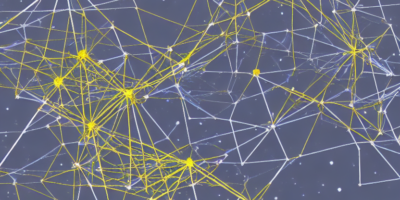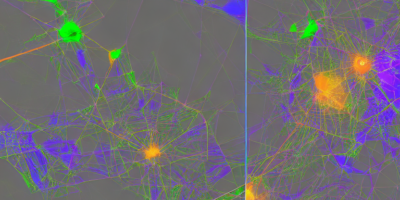In this paper, we propose a new approach to solving singular control problems in queueing networks. Singular control problems are challenging because they involve optimizing the performance of a system with constraints that cannot be easily satisfied. Our proposed method broadens the class of singular control problems that can be solved and provides a general resolution of the translation problem.
To understand why this is important, let’s first consider the existing literature on queueing networks. In the past, researchers have mainly focused on solving specific cases of queueing networks using discrete-review policies. These policies review the system status at discrete points in time and solve a linear program to make control decisions. While these approaches have been successful in some cases, they are limited in their ability to handle more complex situations.
Our proposed method is different because it drops the gradient ∇V of its value function from the crux of the framework. This allows us to handle more general singular control problems and paves the way for establishing the asymptotic optimality of discrete-review policies in full generality. In other words, our method makes it possible to solve a wider range of queueing networks than ever before.
To explain how this works, let’s use an analogy. Imagine you are trying to optimize the performance of a traffic light system. The system has two constraints: the green light must be on for at least 30 seconds every hour, and the red light must be on for at least 10 seconds every hour. These constraints are like the constraints in a queueing network. Our proposed method would allow you to solve this problem by finding the optimal solution that satisfies both constraints simultaneously.
In summary, our paper proposes a new approach to solving singular control problems in queueing networks. This approach broadens the class of problems that can be solved and provides a general resolution of the translation problem. By using an analogy to illustrate how the method works, we hope to demystify complex concepts and make the article more accessible to readers.
Electrical Engineering and Systems Science, Systems and Control
Unlocking Asymptotic Optimality in Queueing Systems



